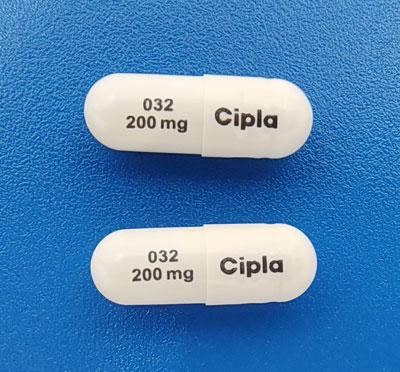Nilotinib Interactions
There are 818 drugs known to interact with nilotinib, along with 8 disease interactions, and 1 alcohol/food interaction. Of the total drug interactions, 293 are major, 506 are moderate, and 19 are minor.
- View all 818 medications that may interact with nilotinib
- View nilotinib alcohol/food interactions (1)
- View nilotinib disease interactions (8)
Most frequently checked interactions
View interaction reports for nilotinib and the medicines listed below.
- Adderall (amphetamine / dextroamphetamine)
- Andembry (garadacimab)
- Blincyto (blinatumomab)
- Breztri Aerosphere (budesonide / formoterol / glycopyrrolate)
- Crestor (rosuvastatin)
- Cymbalta (duloxetine)
- Ferrocite (ferrous fumarate)
- Flonase (fluticasone nasal)
- Gemtesa (vibegron)
- Hiprex (methenamine)
- Iron Sulfate (ferrous sulfate)
- Jardiance (empagliflozin)
- Kyprolis (carfilzomib)
- Lasix (furosemide)
- Levothyrox (levothyroxine)
- Lexapro (escitalopram)
- Lyrica (pregabalin)
- Metoprolol Succinate ER (metoprolol)
- Metoprolol Tartrate (metoprolol)
- Panadol Osteo (acetaminophen)
- Paracetamol (acetaminophen)
- Plaquenil (hydroxychloroquine)
- Protonix (pantoprazole)
- Sprycel (dasatinib)
- Symbicort (budesonide / formoterol)
- Synthroid (levothyroxine)
- Vitamin B1 (thiamine)
- Vitamin B12 (cyanocobalamin)
- Vitamin B6 (pyridoxine)
- Vitamin D3 (cholecalciferol)
Nilotinib alcohol/food interactions
There is 1 alcohol/food interaction with nilotinib.
Nilotinib disease interactions
There are 8 disease interactions with nilotinib which include:
- pancreatitis
- QT prolongation
- cardiovascular disease
- fluid retention
- bone marrow suppression
- electrolyte abnormalities
- hepatic impairment
- lactose intolerance
More about nilotinib
- nilotinib consumer information
- Compare alternatives
- Pricing & coupons
- Reviews (40)
- Drug images
- Side effects
- Dosage information
- During pregnancy
- Drug class: BCR-ABL tyrosine kinase inhibitors
- Breastfeeding
- En español
Related treatment guides
Drug Interaction Classification
| Highly clinically significant. Avoid combinations; the risk of the interaction outweighs the benefit. | |
| Moderately clinically significant. Usually avoid combinations; use it only under special circumstances. | |
| Minimally clinically significant. Minimize risk; assess risk and consider an alternative drug, take steps to circumvent the interaction risk and/or institute a monitoring plan. | |
| No interaction information available. |
See also:
Further information
Always consult your healthcare provider to ensure the information displayed on this page applies to your personal circumstances.


